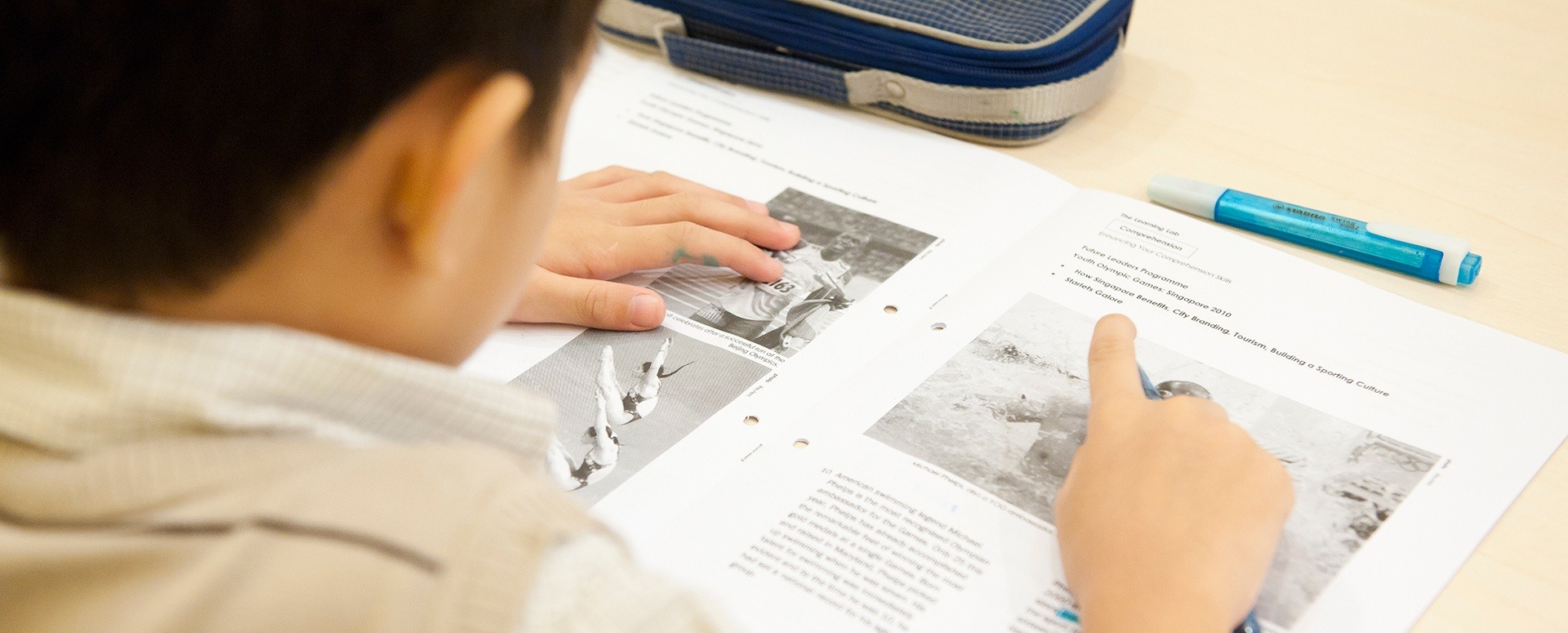
Our TLL alumnus Kate Lim shares her study tips for exam preparation.
Brace yourself for the pimple break outs, stress-eating and temper fluctuations. You’ve finished all your homework, done your revision and (mostly) listened attentively in class. What else can you do to optimise the odds of acing your exams?
1-2 Months Before The Examination
1. Understand (thoroughly) what is being tested and why
As unassuming as this sounds, you will be surprised at how many people mindlessly go about their preparations without even realizing what the learning objectives and expectations for the subject are! Being cognizant of everything you’re learning (from start to finish of the syllabus) helps you see the bigger picture of what and why you study, and allows you to draw numerous tangents that will solidify your understanding of the subject. If you understand thoroughly what the examiners require from you, it will be easier to deliver what is expected and excel at the paper.
2. Test yourself – practice, practice, practice
This tip is all about being strategic. Once you’ve revised the fundamental concepts, test yourself by linking up all the ideas you have learnt. Apply what you’ve learnt by trying different types of questions from past year papers or drafting essay outlines with varied angles. Another good revision strategy is to look through model answers to familiarise yourself with the expected approach needed secure more marks. It is crucial to have proper recollection and application of information, not just recognition, to fare well in your exams.
3. Take short breaks every 20-30 minutes
Proven by researchers worldwide, taking short 5-minute breaks between intensive study periods is the best way to retain the facts and concepts you’ve learnt.
4. Lose your FOMO (Fear Of Missing Out)
Trust me, chances are you will not miss out on anything life-changing just because you have not checked your social media in the past half an hour. Keep your phone on airplane mode (if you’re listening to music) or better yet, keep it out of reach till you have finished a set target of work! Minimising all distractions around you and focusing on your revision takes a lot of discipline, but will become a good habit if enforced regularly. (And if done at this stage of your exam preparation, will make a huge difference in your ability to concentrate on the task at hand!)
1-2 Weeks Before The Examination
1. Summarise your revision
Make a cheat sheet that comprises all the points you need to remember for the exam – facts, quotes and statistics alike. Zest it up by making it colourful and let this cheat sheet be your refresher on the morning of your exam or right before you enter the exam hall. These will pop back to you while you are taking the exam.
2. Make healthy lifestyle changes
Research has shown that your body functions better when it has routine. So if you have a morning paper, start waking up earlier and optimising those hours so your mind becomes accustomed to working hard when you most need it to. Of course, you should be shifting your body clock back to normal (as opposed to when midnight oil was burnt staying up to cram), and staying away from foods that could compromise your health this close to the exam period!
The Big Day
1. Avoid ‘panicky’ friends and give yourself space to recollect your thoughts before the exam
Let’s admit it – everyone gets nervous before an exam, so it definitely does not help to have a friend panicking beside you. Do yourself (and maybe others) a favour by taking in deep breaths before the paper and remind yourself that this is, after all, just one of the many examinations you will be sitting for in your lifetime. They are not put in place to judge your life’s worth, but serve as an indicator of how much you have learnt in the past months. If you’ve worked diligently to prepare for the exam, the results will follow. And if you have not prepared adequately, do not be disheartened – there will always be another chance for you to learn from your mistakes, pull up your socks and do better.
2. Trust yourself
Undermining your own confidence can be one of the most crippling factors when it comes to scoring well for an exam. Don’t overthink, and try not question what you already know. You’ve put in your fair share of work and doubting your answers will undoubtedly show, especially if you are writing an opinionated essay. Believe in yourself and the hours you’ve put into your revision, you’ve got this!
That’s it! Remember to have a hearty breakfast, tell your parents you love them, and remind yourself it will all be okay. Before you know it, you will be out of the exam hall having aced that paper and your holidays will be right round the corner, waiting for you to have some good old fun.
All the best, and may the odds be ever in your favour!
Cheers,
Kate
From The Classroom, For Life
Even as we give students all they need to learn the right content and skills to succeed in school, The Learning Lab has a vested interest in helping each student see that what they learn in class is applicable to life, too.
The Learning Lab is now at locations. Find a location that suits your needs.
If you have any enquiries about our programmes, please email us at enquiry@thelearninglab.com.sg or call us at 6733 8711 and we will be happy to assist you.

